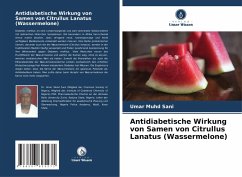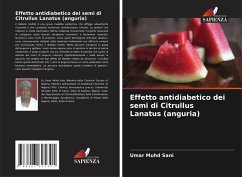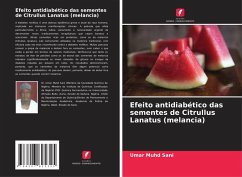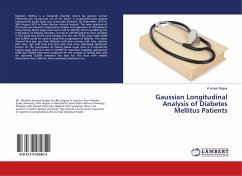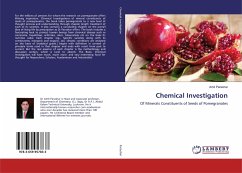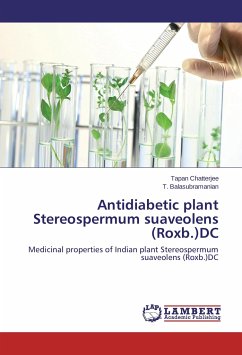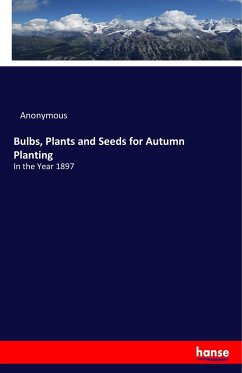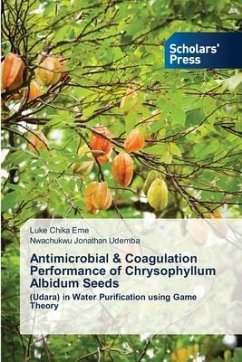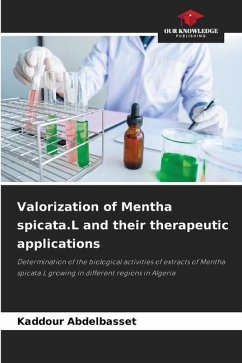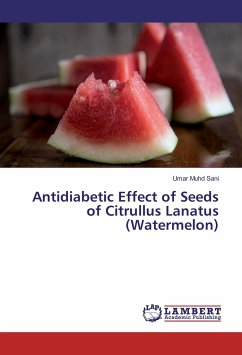
Antidiabetic Effect of Seeds of Citrullus Lanatus (Watermelon)
Versandkostenfrei!
Versandfertig in 6-10 Tagen
15,99 €
inkl. MwSt.

PAYBACK Punkte
8 °P sammeln!
Diabetes mellitus is a major and current epidemic disease of the human race implicated with numerous clinical manifestations.The impinging poverty particularly in Africa clearly indicates the urgent need to develop new therapeutic drugs that are cheap and available.A number of protein-rich seeds such as that of watermelon (Citrullus lanatus) are commonly used in traditional medicine with increasing acclaimed efficacy against diabetes mellitus. Many people eat the watermelon flesh and discard the seeds not knowing what they are missing with regards to medicinal values. Both the petroleum ether ...
Diabetes mellitus is a major and current epidemic disease of the human race implicated with numerous clinical manifestations.The impinging poverty particularly in Africa clearly indicates the urgent need to develop new therapeutic drugs that are cheap and available.A number of protein-rich seeds such as that of watermelon (Citrullus lanatus) are commonly used in traditional medicine with increasing acclaimed efficacy against diabetes mellitus. Many people eat the watermelon flesh and discard the seeds not knowing what they are missing with regards to medicinal values. Both the petroleum ether and ethanol extracts of the seeds of watermelon have been found to decrease significantly the raised blood glucose levels of alloxan-induced diabetes in mice. Results have therefore shown that the seeds of watermelon have some potentiality as anti-diabetic medication. People should therefore stop discarding the seeds when eating watermelon.



